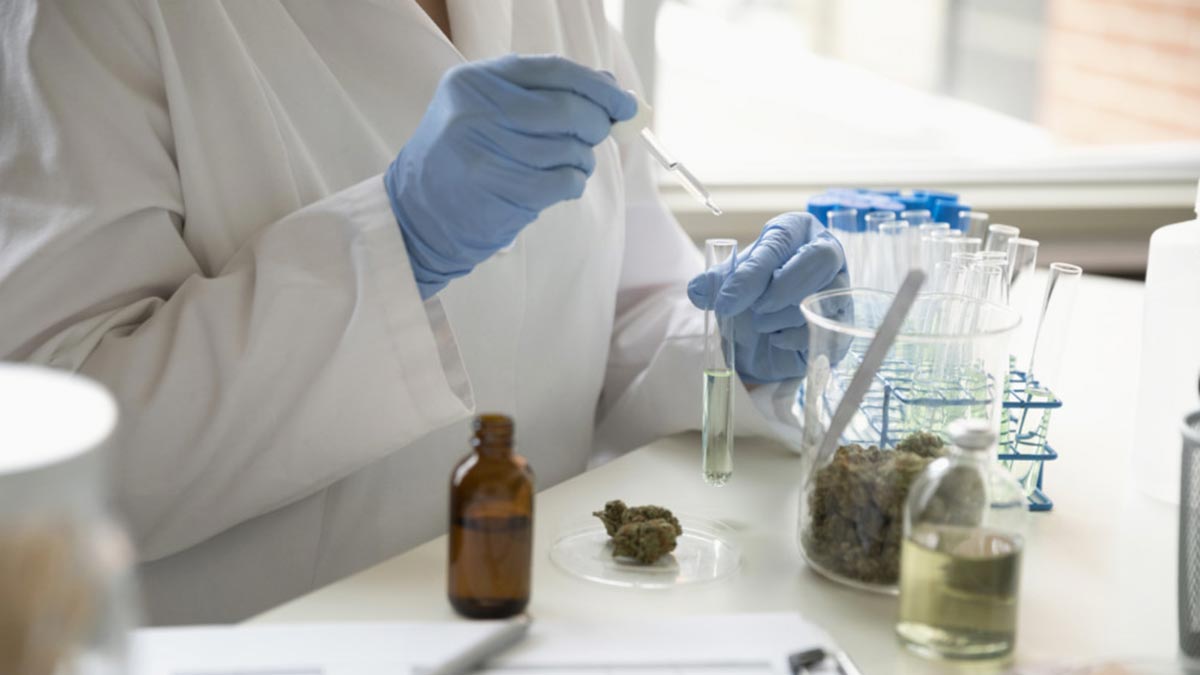How do you get patients to accept cannabis? Treat it like any other medicine

While the medical marijuana market has come a long way in reducing the stigma associated with it being a drug that gets you high, there are still many who are hesitant to view it as a beneficial treatment for various diseases and disorders.
A few weeks back Stockhead spoke to CannPal (ASX:CP1), a company that is designing cannabis-based products for pets.
Managing director Layton Mills said it’s best not to “think of it as cannabis”.
“Think of it, the plant, as access to a number of potentially beneficial active compounds,” he said.
Zelda Therapeutics (ASX:ZLD) CEO Richard Hopkins told Stockhead it should be treated like any other medicine.
“If you dose enough like any drug there’s a risk,” he said.
“What we’re showing is when you treat it like a proper medicine and you separate it from recreational, you capture the upside in terms of benefits and limit its downsides.”
There is currently an observational study in America on the use of medical cannabis to improve behavioural outcomes in children with autism. It reached 100 participants last week.
While Zelda is only involved in an observatory capacity, it is watching the study closely. The study is examining behavioural traits such as sleep, anger and the number of behavioural episodes.
Zelda plans to launch its own clinical trial in the latter part of 2019.
Red tape actually a good thing
You rarely hear CEOs saying more regulation is a good thing, but Hopkins thinks markets will become regulated and it will fix this problem.
“The markets are going to become increasingly regulated – we’ve seen it with the Farm Act,” he said.
“The FDA is now starting to step in [and] put the foot on the throat of companies making claims they cannot support.”
The US has not yet legalised cannabis nationwide, but 33 states have and it is the largest cannabis market in the world.
Hopkins said in many of these states the laws came together assuming cannabis could be a medicine.
This was despite the recreational cannabis movement jumping on the bandwagon of the medical cannabis movement.
The big impediment for cannabis
“If you speak to physicians the biggest frustration is not that they’re worried its doing harm, it’s the lack of medical evidence,” Hopkins said.
“That is the biggest draw back — if you got more data you’d have evidence
“If you’re a parent [of an autistic child] you’d want the most data as possible, you don’t want to give them something off the back of a truck.”
Parents pushed for the current trial of their own accord.
“They felt they got to a point where there’s no other [treatment] and did it out of desperation,” Hopkins said.
UNLOCK INSIGHTS
Discover the untold stories of emerging ASX stocks.
Daily news and expert analysis, it's free to subscribe.
By proceeding, you confirm you understand that we handle personal information in accordance with our Privacy Policy.








